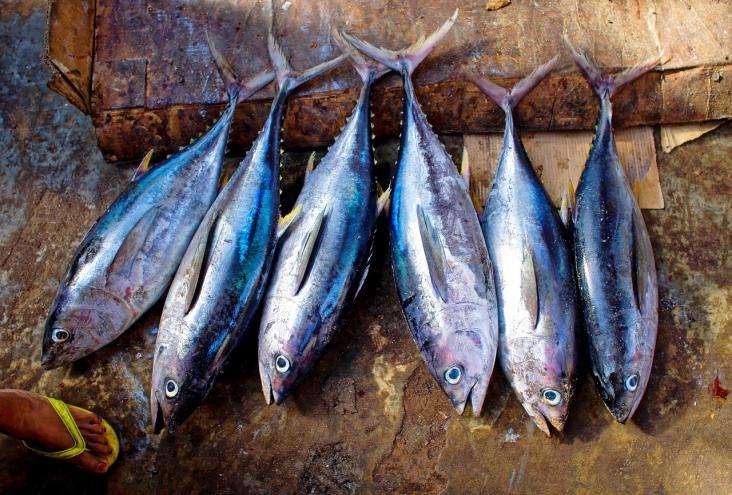
In this round up of 2024, we share the Special Collections published on the SDG Resource Centre throughout the year, featuring more than 800 research articles and book chapters made freely available to advance knowledge and accelerate the achievement of the United Nations Sustainable Development Goals by 2030.

The UNGC's latest report on “Accelerating Innovation in Sustainable Finance” offers models for businesses on how to deliver financial returns and positive global impact – together.
Culturally adapting nutrition education programs like CMAH for Indigenous communities is a nuanced process requiring respect for both shared and individual traditions. While recipe adaptation improved cultural resonance, persistent barriers to traditional food access and the diversity of community perspectives highlight the need for flexible, community-driven approaches. Building sustained, trust-based relationships and involving local knowledge keepers are essential for effective, culturally sensitive health interventions. Ultimately, supporting Indigenous food sovereignty and tailoring programs to local contexts are crucial steps toward reducing health disparities and revitalizing traditional foodways.
The study demonstrates that successful nutrition education in Indigenous communities requires more than simply adapting Western models; it necessitates genuine partnership, flexibility, and a willingness to honor Indigenous values, ways of knowing, and definitions of success. Federal programs like SNAP-Ed must shift toward community-driven evaluation and support, building trust through sustained relationships and co-creation. Elevating Indigenous voices in policymaking and program design will foster more effective, culturally relevant, and healing approaches to food and nutrition in Indigenous communities

SDGs have been added on Scopus' author profile pages, appearing under the rebranded “Impact” section.


